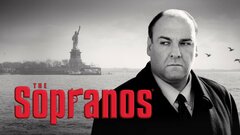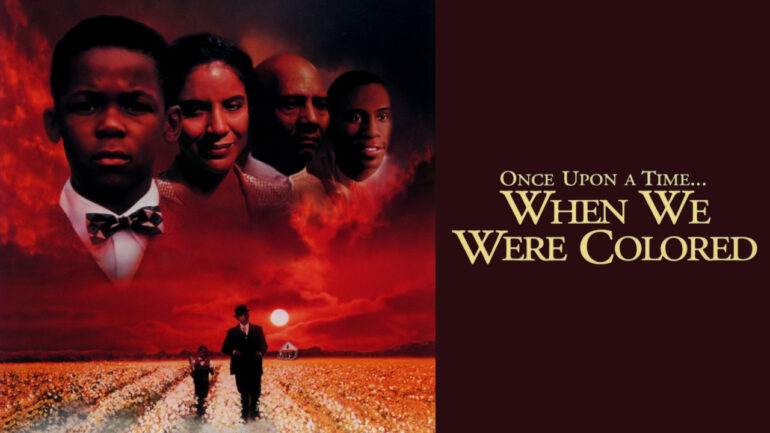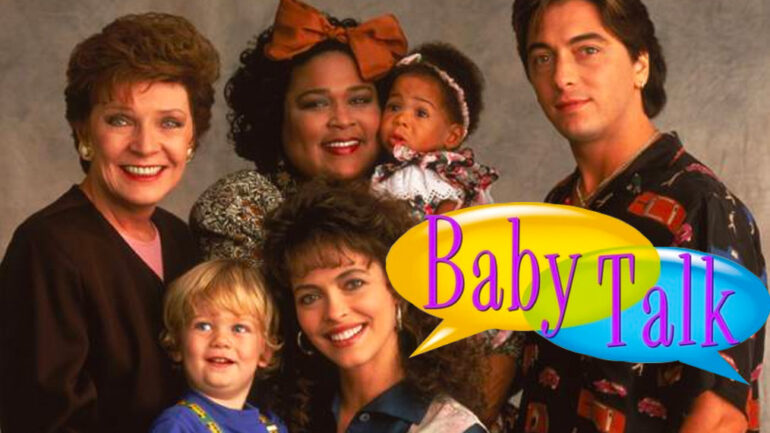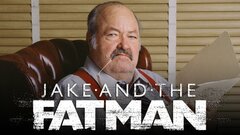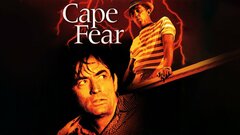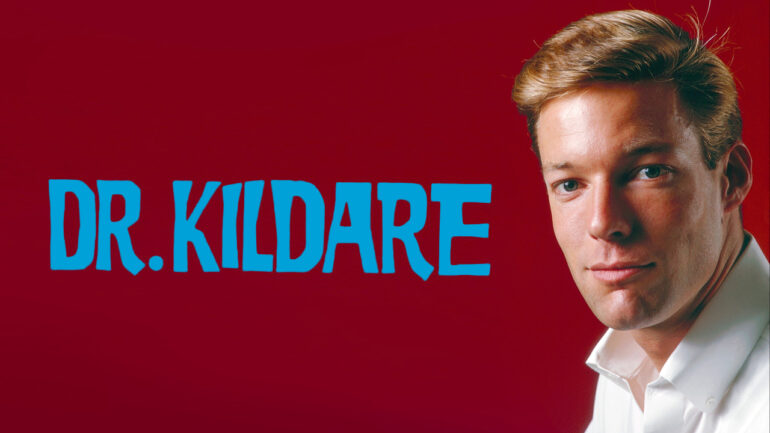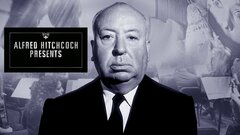One of the most diversely talented of American performers, Polly Bergen was an Emmy-winning actress, singer, and entrepreneur who found success in nearly every medium over the course of a half-century in show business. A professional singer while still in her teens, she transitioned from nightclub chanteuse to film actress in the 1950s, but found her early roles lacking. She returned to singing while keeping a hand in acting via television and Broadway.
The former proved to be Bergen's best showcase, and an Emmy win in 1957 led to her own variety series, "The Polly Bergen Show" (NBC, 1957-58). It also improved the quality of her film choices, which by the 1960s included an acclaimed turn in "Cape Fear" (1962). In the late 1960s and 1970s, she shifted her interest to the business world, where she founded her own fashion lines. Emmy-nominated turns in the epic miniseries "The Winds of War" (ABC, 1983) and its sequel "The Winds of Remembrance" (ABC, 1988) revived her profile in the 1980s, and she was an active and vibrant presence on countless television series - most notably "Desperate Housewives" (ABC, 2004-2012). Her Emmy nomination for an appearance on the latter series was a clear indication that an actress with a breadth of talent like Bergen would never go out of style. Her death at the age of 84 on September 20, 2014 saddened friends and fans alike.
Born Nellie Paulina Burgin on July 14, 1930, in Knoxville, TN, she was the daughter of construction engineer William Burgin and his wife, Lucy. The family, which included Bergen's sister Barbara, moved to Los Angeles in the 1940s, where Bergen began her singing career with stints on the radio and with local bands. Producer Hal B. Wallis got wind of her while she was attending Compton Junior College, and signed her to a contract at Paramount Studios. After making her debut as a saloon singer in the Western "Across the Rio Grande" (1949), she was cast as the pretty and likable - if thoroughly colorless female lead - in several action pictures and comedies.
Three turns opposite then box-office champs Dean Martin and Jerry Lewis - in "At War with the Army" (1950); "That's My Boy" (1951); and "The Stooge" (1952) - gave her acting career a boost, but playing second banana to the comedy team was not what Bergen had envisioned. After Paramount failed to renew her contract, she signed with MGM, which placed her in more dramatic fare, but again, none of the pictures did much by way of business or for Bergen as a singular talent. She abandoned her MGM contract in 1953, focusing her interests on her singing career, as well as on the burgeoning new medium of television.
Bergen recorded 10 albums of jazz standards and pop tunes for the Jubilee and Columbia labels, beginning in 1955 with Little Girl Blue. She wisely used the vast array of variety programs on television during the period to promote her records, and her bright personality and lovely voice helped make her a favored guest on game shows and anthology series. She made her dramatic TV debut on "Schlitz Playhouse of Stars" (CBS, 1951-59) in 1952, and quickly accumulated an array of fine performances, culminating in an Emmy win for her portrayal of Helen Morgan on "Playhouse 90" in 1957. The award earned her a TV series of her own, "The Polly Bergen Show," which showcased her singing talents, as well as those of her father, who also became a regular on the series. The pair later recorded an album of duets, Polly and Her Pop, in 1958.
Bergen was also active on stage during the 1950s. She made her Broadway debut opposite Harry Belafonte in 1953's "John Murray Anderson's Almanac," and subsequently appeared in several noted productions, including "Champagne Complex" in 1953 and "First Impressions" in 1959. Working on "Almanac" strained her voice, which forced her to undergo a difficult throat operation; she later suffered a tremendous physical and emotional setback in 1959 after complications from an ectopic pregnancy nearly ended her life. Bergen also took a professional blow when Ann Blyth was selected to play Helen Morgan in the film version of "The Helen Morgan Story" in 1957.
But Bergen's film career rebounded in the early sixties with a string of solid performances in features, starting in 1962 with Lee J. Thompson's harrowing thriller "Cape Fear." Bergen played the wife of attorney Gregory Peck, who was hounded by the despicable Robert Mitchum after putting him behind bars for sexual offenses. The picture, which afforded Bergen a heart-stopping showcase in which she was cornered by Mitchum in a houseboat, was quickly followed by another critically praised turn as a mental patient in "The Caretakers" (1963). Bergen was nominated for a Golden Globe for her performance, which generated more high-profile features like the Doris Day-James Garner romantic comedy "Move Over, Darling" (1963) and "Kisses for My President" (1964), a light comedy in which she was top-billed as the first female president. Bergen wisely used her newfound clout to form her own company, which sold jewelry, shoes, and cosmetics. She eventually sold the successful venture to Faberge in 1973.
Health issues forced Bergen to abandon her nightclub performances at the tail end of the 1960s, so she divided her time between TV-movies and her business ventures, which grew to include several best-selling books on beauty and fashion, as well as Polly's Principles, a book of memoirs in 1974. "The Winds of War," based on the wartime novel by Herman Wouk, gave her one of her best roles in decades as Rhoda Kirby, wife of the miniseries' hero, Pug Kirby (Robert Mitchum), whose absence due to World War II drives her into the arms of another man (Peter Graves) and eventually into an alcoholic spiral. Bergen was nominated for an Emmy for her performance, and repeated the honor with its sequel, 1988's "The Winds of Remembrance."
Her particular blend of elegance and hidden grit was soon in demand for all manner of projects, including the much-maligned "talking baby" sitcom "Baby Talk" (ABC, 1991-92). She also showed considerable good humor as a stuffy society matron who was charmed by Johnny Depp's rockabilly pals in John Waters' musical "Cry-Baby" (1990). Bergen also served as co-producer in addition to appearing in the 1994 TV-movie, "Leave of Absence."
Bergen ended a three-decade absence from singing by reviving her nightclub act in 1999. Though her tone was huskier than in her '60s heyday, she still possessed remarkable delivery, and her return to Broadway in a 2001 revival of "Follies" earned her a Tony nomination. In 2002, she joined the Broadway cast of "Cabaret," and returned to the Great White Way in 2007 for "Camille Claudel." Unfortunately, she was forced to depart the show due to minor surgery.
In 2004, she gave a formidable performance on "The Sopranos" as the former lover of both Tony Soprano's mobster dad and John F. Kennedy. She followed this with a recurring turn on "Commander in Chief" (ABC, 2005-06), which brought her career full circle by playing the mother of the first female President of the United States - an office she had filled some three decades prior in "Kisses for My President." And in 2007, she made the first of several appearances on "Desperate Housewives" as Stella Wingfield, the sympathy-abusing mother to Lynette Scavo (Felicity Huffman). Bergen received an Emmy nomination for her turn in 2008. That same year, she returned to the stage in Baltimore to receive rave reviews for "A Little Night Music." Bergen's final film role came in the indie comedy-drama "Struck By Lightning" (2012), written by and starring "Glee" (Fox 2009-2015) star Chris Colfer.
Polly Bergen died at her Southbury, Connecticut home on September 20, 2014. She was 84 years old.







